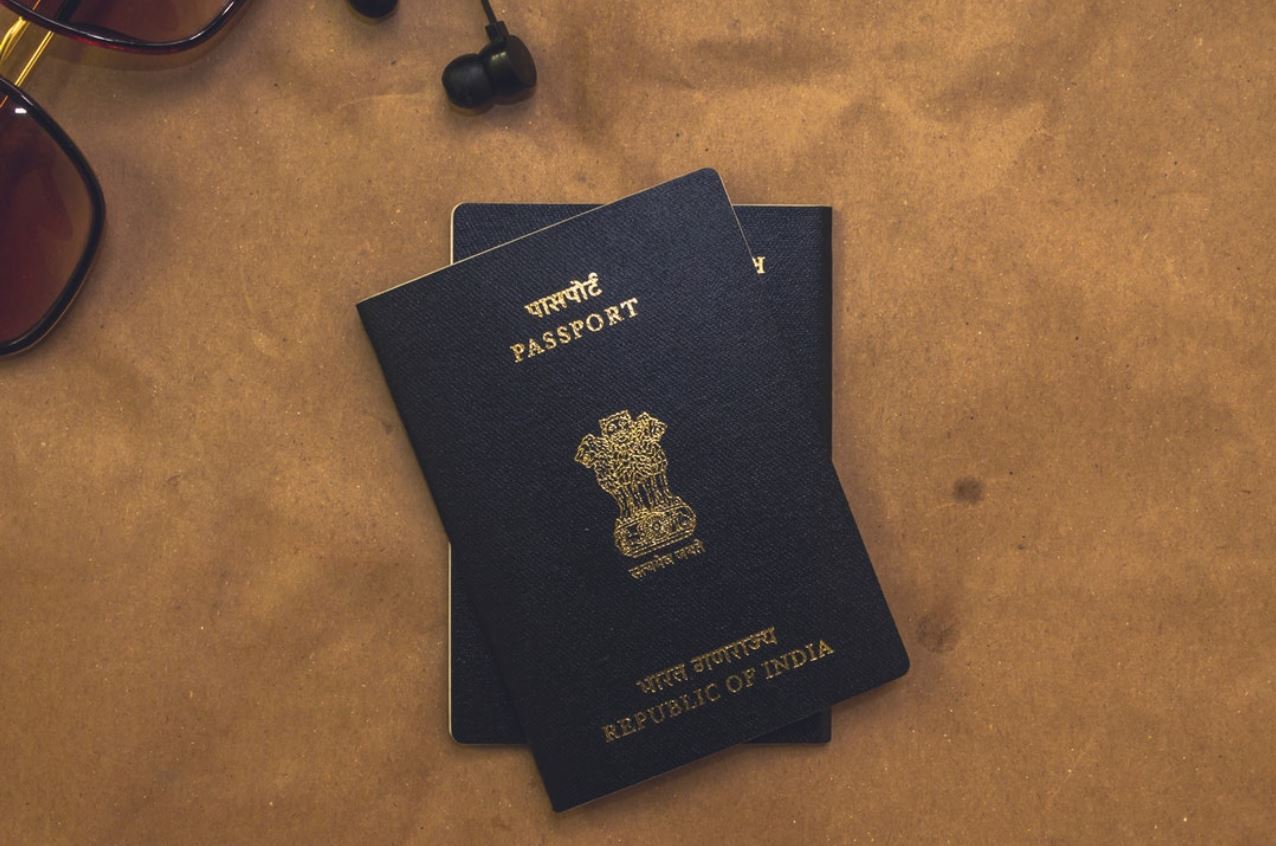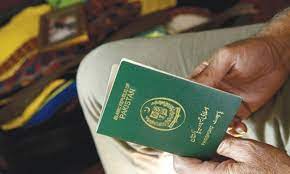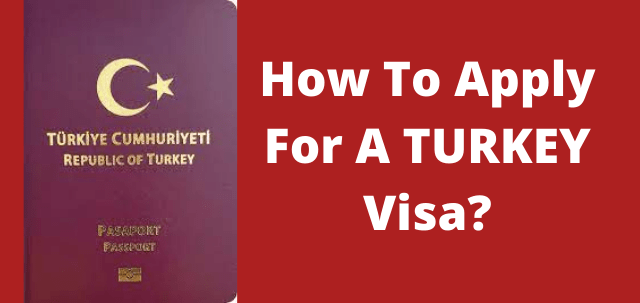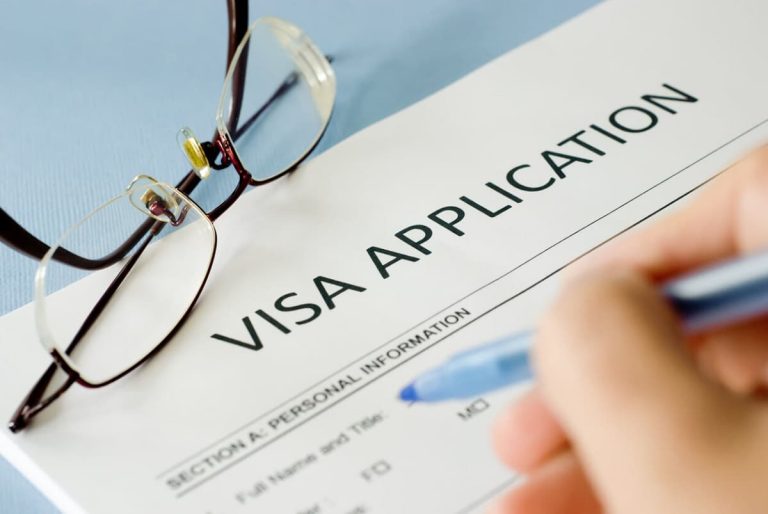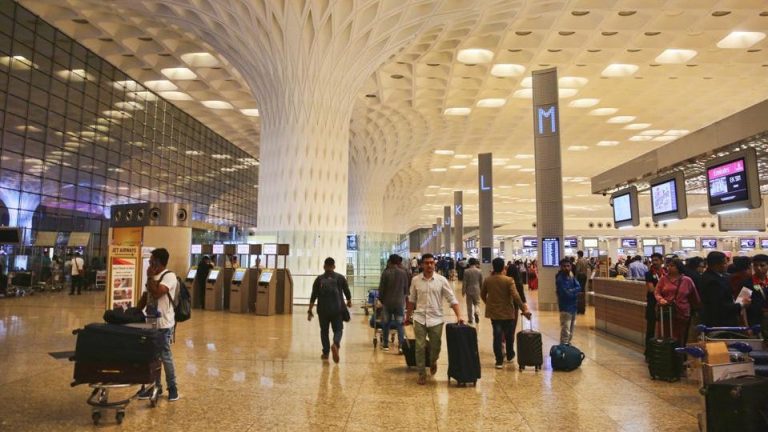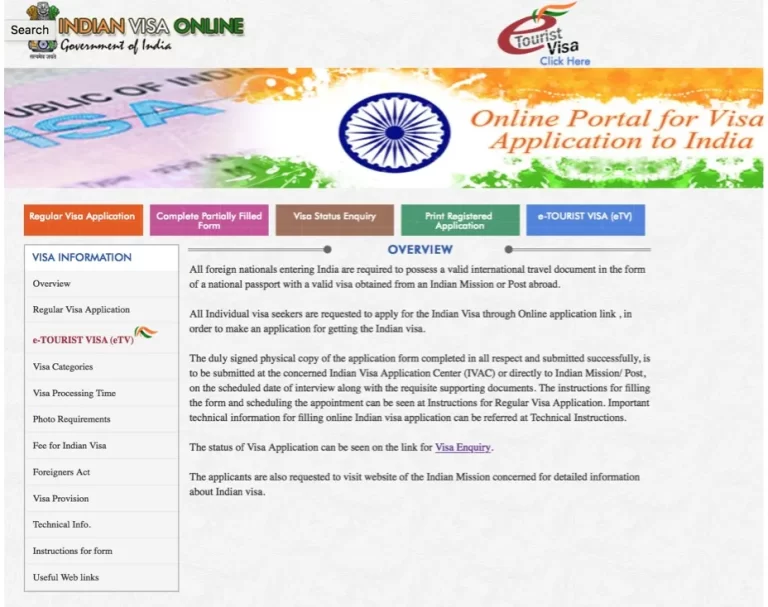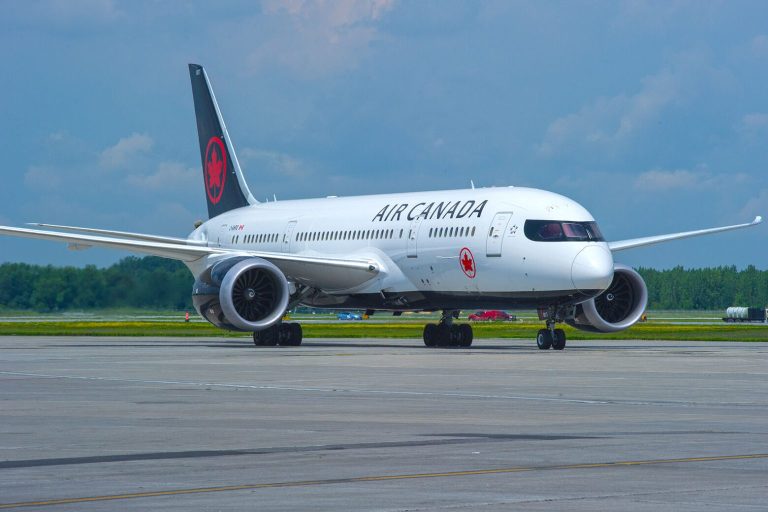India Visa for Belgian and Austrian Citizens – How to Apply
How to apply for an India visa when you’re Belgian or Austrian? This guide will walk you through the steps, including what documentation you need and how to submit it all, in order to successfully apply for an India visa so that you can visit this fascinating country and experience its unique culture. Whether you’re planning on staying in India for business or pleasure, this guide will show you how to make it happen smoothly and easily.
Getting an e-visa from Belgium
If you’re planning a trip to India, you should have no problem getting an electronic travel authorization (ETA) online. Just fill out your basic information, pay $50 and wait a few days until you receive your e-visa approval. It’s almost too easy. However, if you plan on visiting a country other than India within 30 days of entering India, your approval may be denied. In that case, contact your nearest Indian embassy or consulate to find out how best to proceed with your visit. Visas must be obtained prior to entry into India for citizens of Belgium or Austria. An ETA can only be applied for online if traveling to India directly from Belgium or Austria – not transiting another country en route. India Visa for Belgian Citizens
Getting an e-visa from Austria
If you’re an Austrian citizen, your e-visa application process is as easy as typing your name, occupation, nationality, date of birth, and travel date into a box on India’s official e-visas website. The Indian government takes only 10 minutes to approve or reject your application. If approved, an electronic visa will be sent directly to your inbox—and if not, you’ll be sent an email explaining why you were turned down. You must enter India within 60 days of receiving an approval notice. E-visas are available only through India’s official websites: Goindevisa.gov.in (for people from European countries) or mvfsindiaonline.gov.in (for people from other regions).
12 things you need to know before you visit India
1. India has a diverse range of cultures, traditions, languages, people, and architecture. From a unique language to historic sights dating back thousands of years, there’s so much about India that deserves appreciation – but it can also feel overwhelming at times. Before you visit India make sure you understand exactly what you’re getting yourself into. While cultural etiquette differs in each city or town, there are some general rules of thumb that apply everywhere; use these tips as a starting point before your trip.
The best times to travel in India
There are three main seasons in India: summer, monsoon, and winter. The summer season lasts from March through June. Temperatures range from 75–86 degrees Fahrenheit (24–30 degrees Celsius) during this time of year. The monsoon season runs from July through September when it rains almost every day. This is a good time to visit if you want to see India’s lush greenery. Winter is December through February and temperatures are mild, ranging from 50–75 degrees Fahrenheit (10–24 degrees Celsius). It’s also a great time to travel because there aren’t many tourists around. However, be aware that some attractions may be closed or have reduced hours during these months.
Things you must do when you first get to Delhi, Delhi NCR
The No-Nonsense Guide: Welcome to Delhi, NCR! Get ready for a crazy ride, it’s going to be a long journey but worth every second. These are some of the things you must do once you have landed in Delhi. Just remember that India is an experience, not an end result. India Visa for Austrian Citizens
Where should I stay in Bangalore?
When you’re planning a trip to India, it can be difficult not to romanticize everything about it. The sights, smells, culture… all of it can seem so intriguing from a distance. But India is different from Europe in many ways—and even other countries in Asia. Dealing with cultural differences might actually be one of your biggest concerns when you’re on vacation in India. Not sure what we mean? Read on! Here are some quick tips on how to handle cultural differences while traveling abroad—specifically in India!
